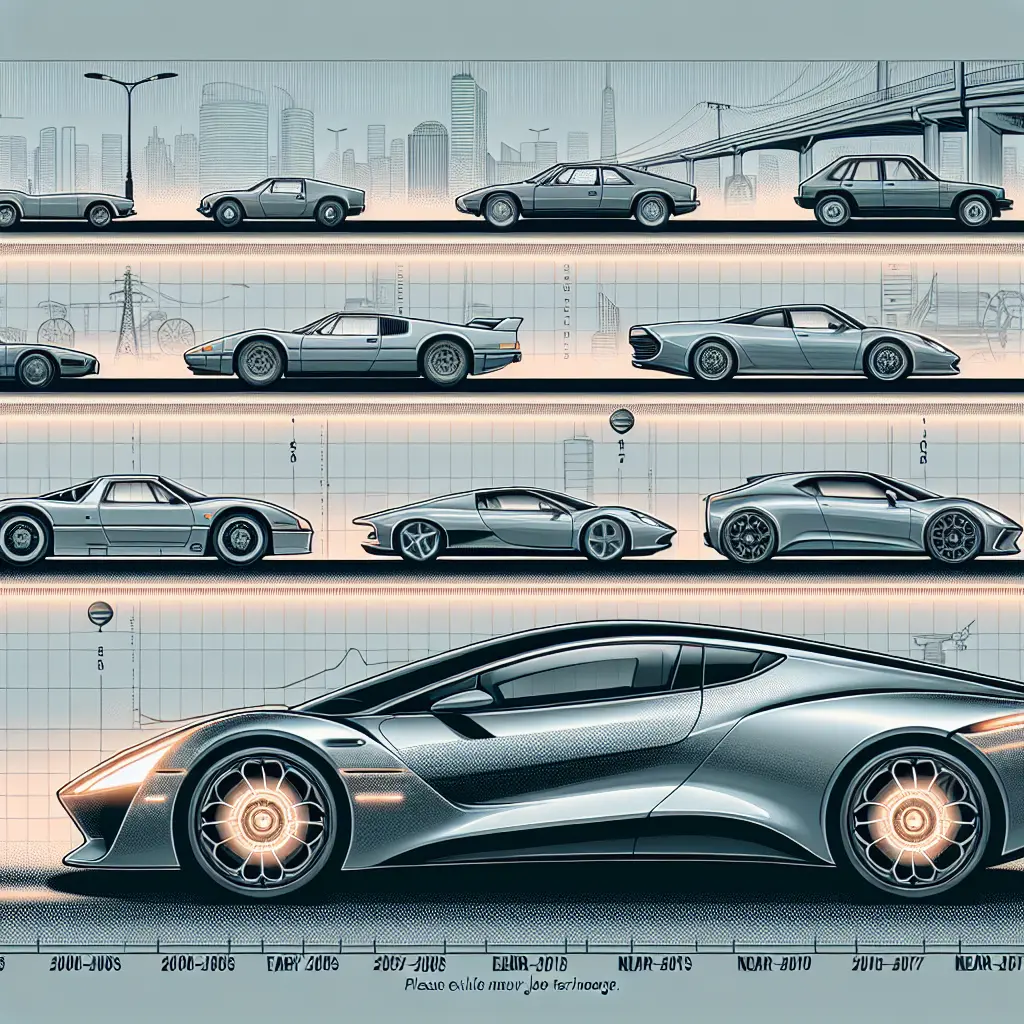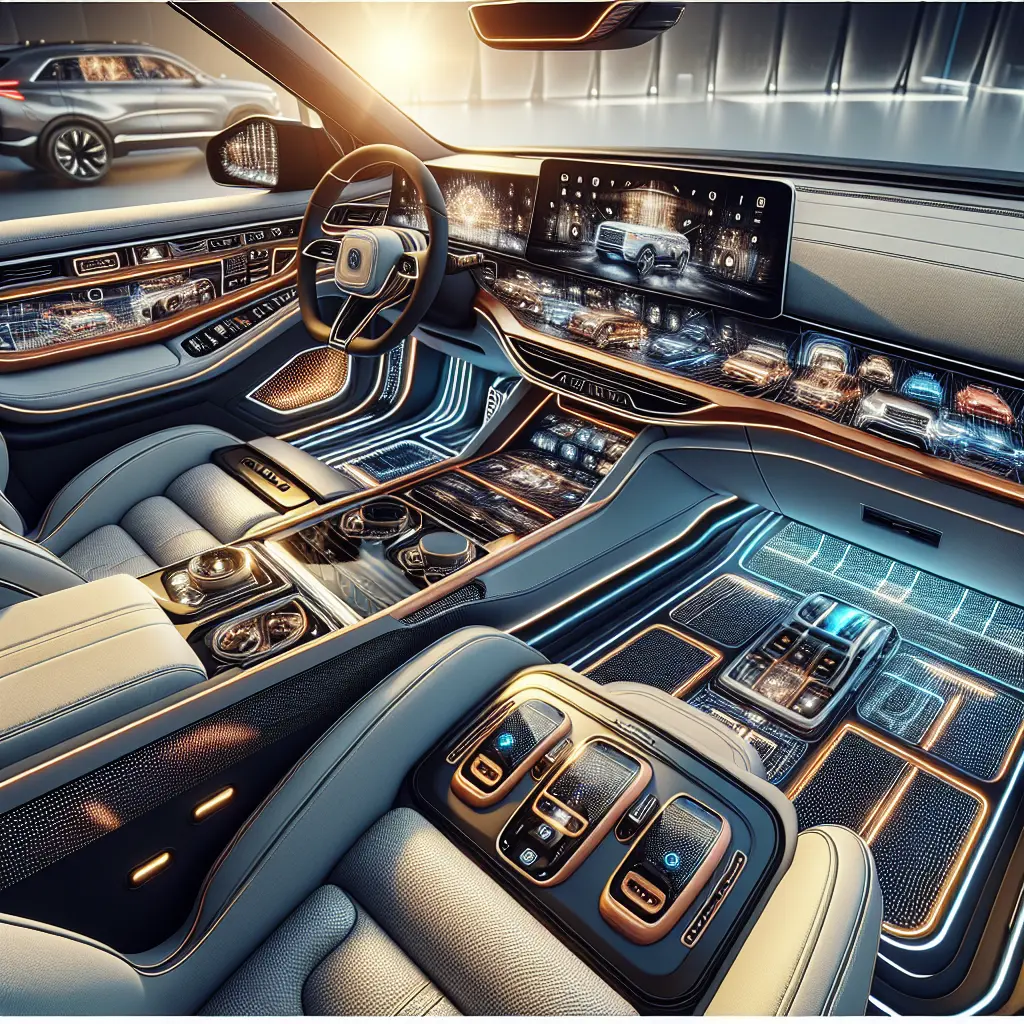The surge of interest in luxury electric sports cars marks a significant shift in the automotive landscape, reflecting broader technological innovations and an evolving consumer ethos that prizes both performance and environmental responsibility. As we delve into the evolution of electric cars, it becomes clear that the luxury EV market is not just thriving; it's leading the charge towards a more sustainable, exciting future.
Luxury electric sports cars, such as the electric supercars and premium electric cars, encapsulate the pinnacle of high-performance electric vehicles. These cars promise zero-emission while offering exhilarating speed and cutting-edge design. The evolution of electric vehicle technology has turned vehicles once deemed futuristic dreams into today's reality. The rapid advancements in battery technology, aerodynamics, and powertrain systems have set the stage for a new era where electric sports car trends are defined by both innovation in electric cars and a commitment to luxury.
For those intrigued by luxury electric sports cars but not ready to commit to a purchase, exploring options like the National Emerald Club offers an introduction. This loyalty program allows members to earn points towards renting high-end vehicles, including electric models, making it easier to experience these innovations firsthand.
Recently, the 671-horsepower Mercedes-AMG C 63 S E Performance showcased what modern engineering can achieve. This super sedan blends traditional luxury with electrified might, illustrating the potential of hybrid technologies in enhancing vehicle power and efficiency.
Reflecting on previous models like the Speedconcepts Mercedes-Benz SLS AMG reminds us how far we've come in car design and performance. While not electric, its influence on the design and aesthetic of current electric supercars is undeniable.
Current Trends and Highlights
The recent collaboration between Automobili Pininfarina and Batman to create the Gotham Barchetta concept car is a testament to how cultural icons and automotive design can merge to push creative boundaries further.
Lamborghini’s ability to maintain robust sales in the first half of the year despite a generally soft luxury market underscores the strong consumer demand for high-performance sports cars, including their moves towards electrification.
The revival of Alvis offers a unique insight into how storied brands can embrace their heritage while pivoting towards future technologies, including electric vehicle platforms.
Discussions around owning vehicles like electric supercars often gloss over the complexities involved – from maintenance costs to sustainability concerns. Understanding these factors is crucial for prospective buyers.
The Future Outlook
It's also imperative to acknowledge the darker uses of luxury vehicles; for instance, investigations into their use for activities like money laundering by entities such as the Sinaloa Cartel in Los Angeles.
For owners of luxury cars, including electric models, ensuring their prized possessions are transported safely across states is a priority. Services that specialize in secure car transportation are increasingly in demand.
Even peripheral markets like automotive accessories see an uptick during sales events such as Prime Day, indicating robust consumer interest in automotive products, including those for luxury electric sports cars.
The journey from early electric vehicles to today's luxurious and powerful models highlights a sector that is not only evolving but also redefining what is possible in the automotive world. As we continue to witness growth in green luxury sports cars and more consumers pivot towards sustainable yet luxurious automotive options, it's clear that the intersection of luxury and sustainability is not just feasible but highly desirable.
As we gear up for what promises to be an electrifying future, let us embrace these innovations with open arms and a spirit ready for adventure. The roads we travel tomorrow will look vastly different thanks to the vehicles we choose today.





Leave a Comment